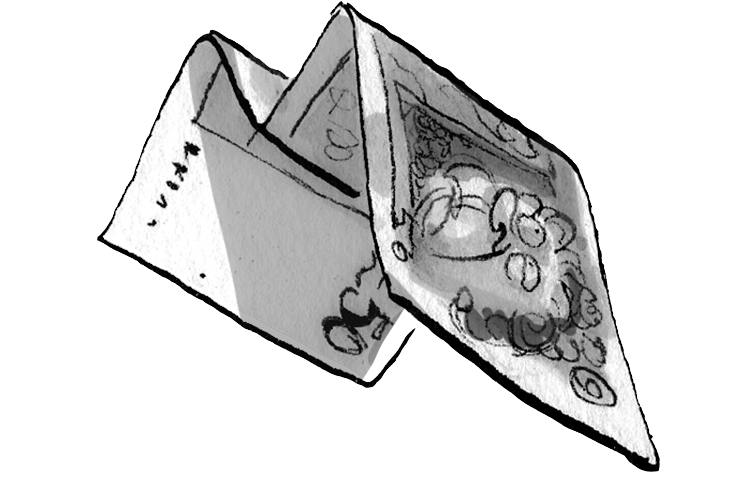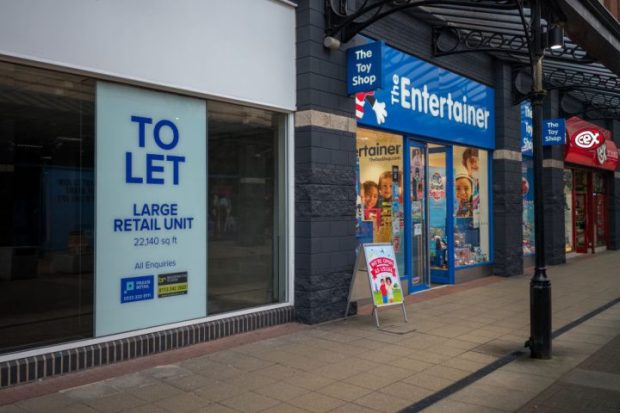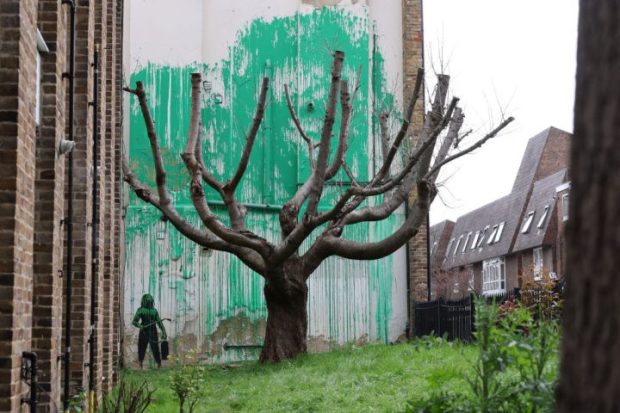Time is, I fear, running out. Running out, that is, to avoid handing to a small number of multinational corporations our right to buy and sell things. Running out to prevent governments and central banks helping themselves to our savings, by means of negative interest rates. The payments industry is closing in on its target of driving cash out of circulation and instigating cashless payments as the only way of doing business.
That, at least, is the conclusion one might reach from reading a report by Worldpay: the Global Payments Report 2021. It claims that cash payments in UK shops in 2020 made up 13.4 per cent of total payments, down from 27.4 per cent in 2019. By 2024, it predicts, they will be down to just 6.9 per cent. By the same year it will be down to just 0.4 per cent in Sweden.
‘The sun is setting on cash’ it blurts out in corporate PR speech, going on to repeat the claim made regularly over the past year by the cashless lobby, suggesting that using cash is somehow not safe:
‘Consumer perceptions about safety persist: 53 per cent of global consumers surveyed by Worldpay said coronavirus made them more hesitant to use cash.’
Actually, the role of surfaces in virus transmission has been revised downwards sharply from last year when this claim was first made, and the US Centers for Disease Control now puts the risk of catching Covid from any surface as ‘low’.
But that’s a bit by-the-by. Is it really true that we are surrendering, as eagerly as the corporate PRs would have us believe, our right to hold and use cash?
The Bank of England’s statistics for the number of banknotes in circulation tell a somewhat different story to Worldpay’s report: they have surged by 14 per cent over the past 12 months, from £70.2 billion worth to £80.0 billion. Far from dumping cash in response to the pandemic we are hoarding more of it than ever – and Covid seems to have accelerated the rate at which we are stashing it away.
Why? There was a similar upwards jerk in the quantity of cash in circulation during the financial crisis of 2007/08. That is perhaps to be expected: in times of financial crisis, some people start to lose confidence in banks and other financial institutions, and start to see cash as a relatively safe option. Those fears have only increased as a result of the bank bailouts just over a decade ago. If we really did surrender our right to use cash, the option of protecting ourselves in this way would be gone.
We would be forced to keep our money in electronic form and to pay whatever charges the payments industry fancied charging us, given that they would no longer have to compete with the free option of using cash. And that’s just the half of it – we would face a future in which a handful of corporations had the power to cut us off from the right to spend money at all. We would also face a future in which central banks could attempt to control the economy by means of negative interest rates – something which they would struggle to do at the moment, as savers could respond by withdrawing their savings and keeping it in cash.
Many people, I think, can see these arguments against a cashless society and will not give up the right to use cash willingly. The banknotes statistics show the scale of potential resistance. Yet there remains a big threat to cash: inflation.
It is one thing to keep a large quantity of cash stashed beneath the mattress when its real value is diminishing by less than one per cent a year. But what if the buying power of a £20 note was being eroded to the tune of five percent a year – something that could happen given building inflationary pressures. The biggest danger to cash is not Worldpay’s PR department, which is easy to see through – it’s the kind of inflation we had back in the 1970s. The cashless lobby must be willing us to go back to those days.
The War Against Cash by Ross Clark is published by Harriman House
Got something to add? Join the discussion and comment below.
Get 10 issues for just $10
Subscribe to The Spectator Australia today for the next 10 magazine issues, plus full online access, for just $10.





















Comments
Don't miss out
Join the conversation with other Spectator Australia readers. Subscribe to leave a comment.
SUBSCRIBEAlready a subscriber? Log in